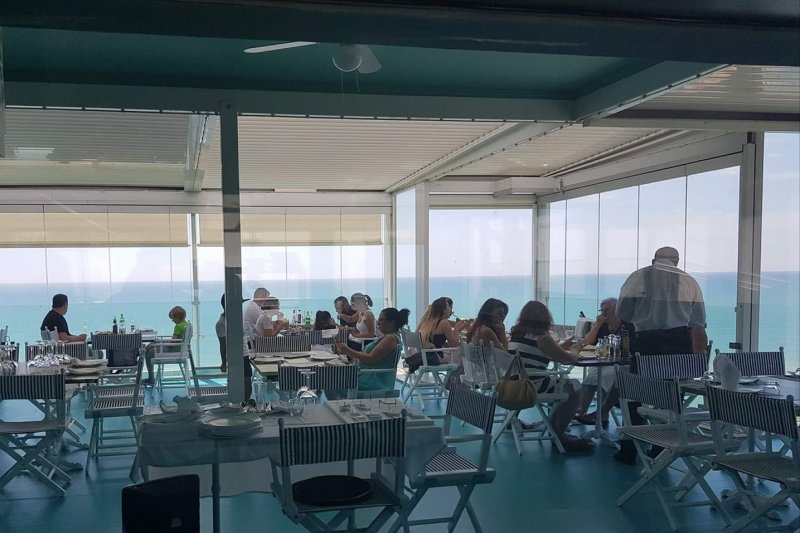Bars, Restaurants Abandoned even by Employees from Asia
It is not only the employees from Bangladesh and India who use Albania as a springboard to go to Europe.
In the service sectors, especially in bars and restaurants, the problem is also emerging acutely with Asian workers, mainly hiring from the Philippines.
Enri Jahja from the Association of Bars and Restaurants told Monitor that even employees from Asian countries are leaving, as happened with the hiring from Bangladesh and India.
Jahja adds that the performance of other Asian employees is better compared to Indians, despite having higher salary costs, but these employees are also using Albania as a springboard to escape.
“A severe labor shortage has forced many bar and restaurant businesses to hire workers from Bangladesh, India and other Asian countries.
From the businesses asked, it is found that employees from India see our country not to stay as employees, but to jump to other countries.
They leave at the first opportunity they find. Also, the yield of their work is not the same as the Albanians. So hiring them is a waste of time for the business".
The cost for Asian workers, where mostly bars and restaurants are hired from the Philippines, is USD 400 minimum wage, including room and board for 10 hours of work per day. For qualified employees the salary is higher.
Even for this year, the bar and service sector at the start of the tourist season found itself again with a shortage of 15,000 employees. https://www.monitor.al/thellohet-kriza-e-mosgjetjes-se-punonjesve-per-transportin-serviset-e-mjeteve-restorantet-e-baret-po-punesojne-pensioniste/
Jahja recommends that a solution should be found with incentive policies towards local employees.
First, he recommends the involvement of the Roma community in services, not only in doing menial jobs. There is also a need to strengthen the law on the benefit of social assistance, not to give it without value, but to orientate it towards the labor market.
"Secondly, according to him, in the long-term plan of measures, it is necessary to establish professional schools in cities according to the demand of businesses. For example, in Berat school for guides, etc., in Vlora for chef, head chef, reception, hotel manager, sommelier, etc.
The third is help in terms of seasonal business in keeping staff and extending the season".
Contrary to what is happening with bars and restaurants, for fashion enterprises the initiative to employ foreigners is proving to be more successful. The chairman of Proeksport Albania, Edvin Prençe, says that the number of those leaving is very small, since most of the employees are women.
"The number of emigrants drops significantly when he takes women. In these 6 months we have had about 450 people employed from Nepal and the Philippines. 98% of them are women. A maximum of 5% of them have left and most have been deported from businesses because they were not in their expectation, without any knowledge in the sector and not all fit".
In terms of productivity at work, according to Prençe, it turns out that it is 155 times higher than Albanian employees, while the minimum wage is in the amount of 450 USD per month.
"This is an impetus for increased productivity, as competition among employees is felt. So we always talk about an impetus for the better and they are integrating quite well with our employees".
(Source: Monitor)













